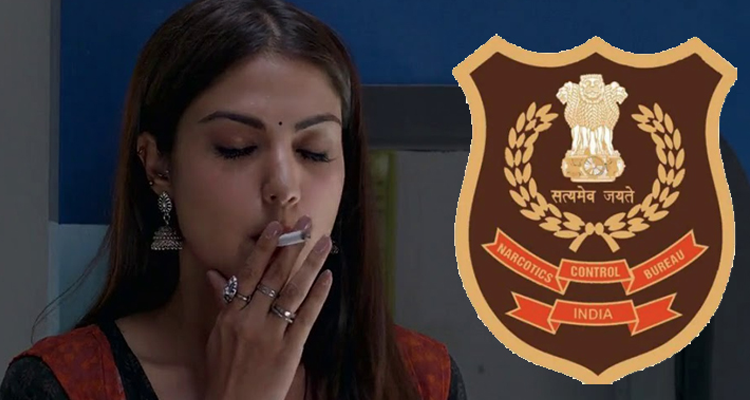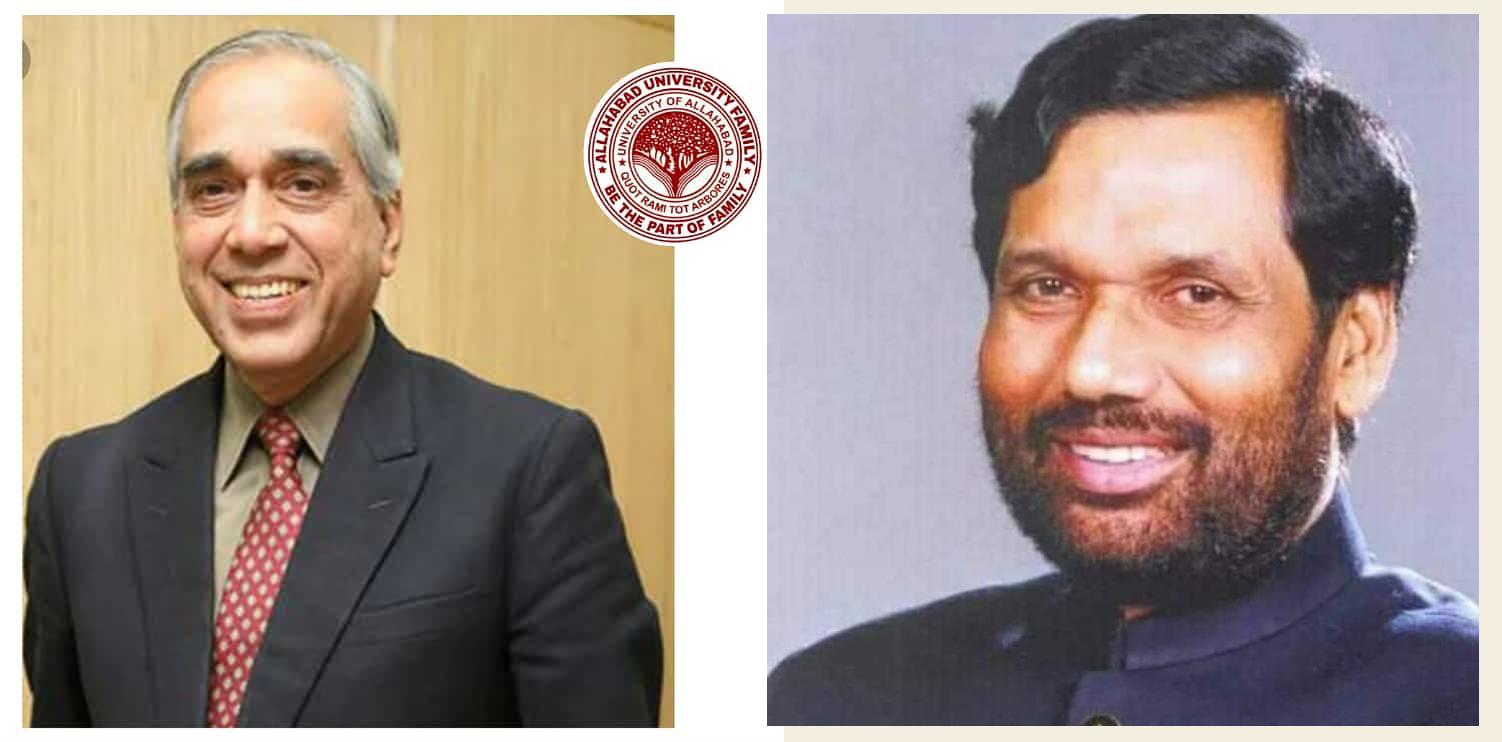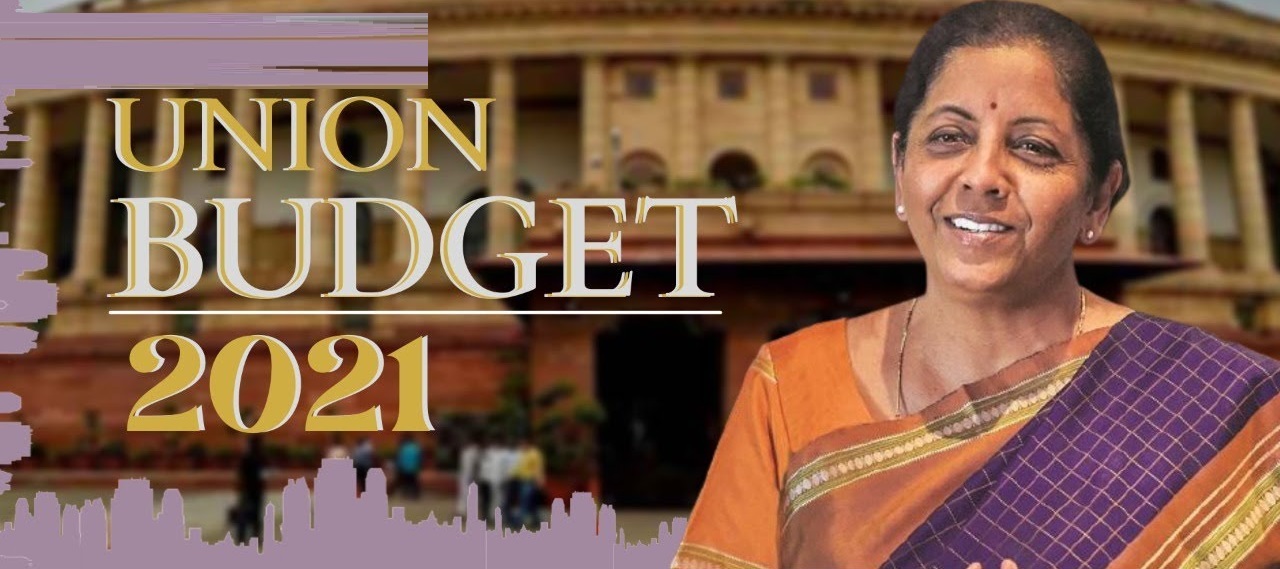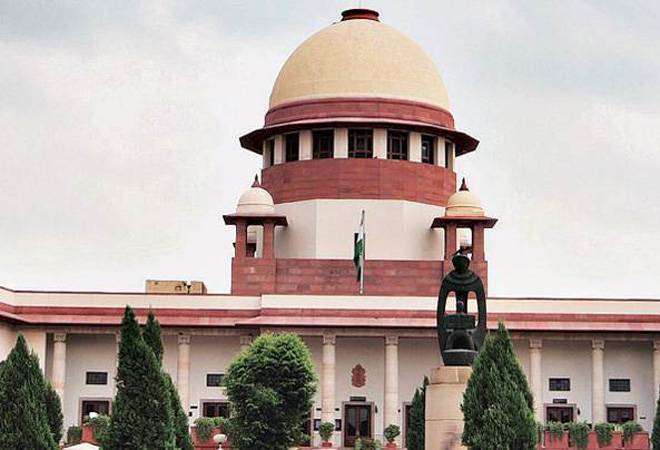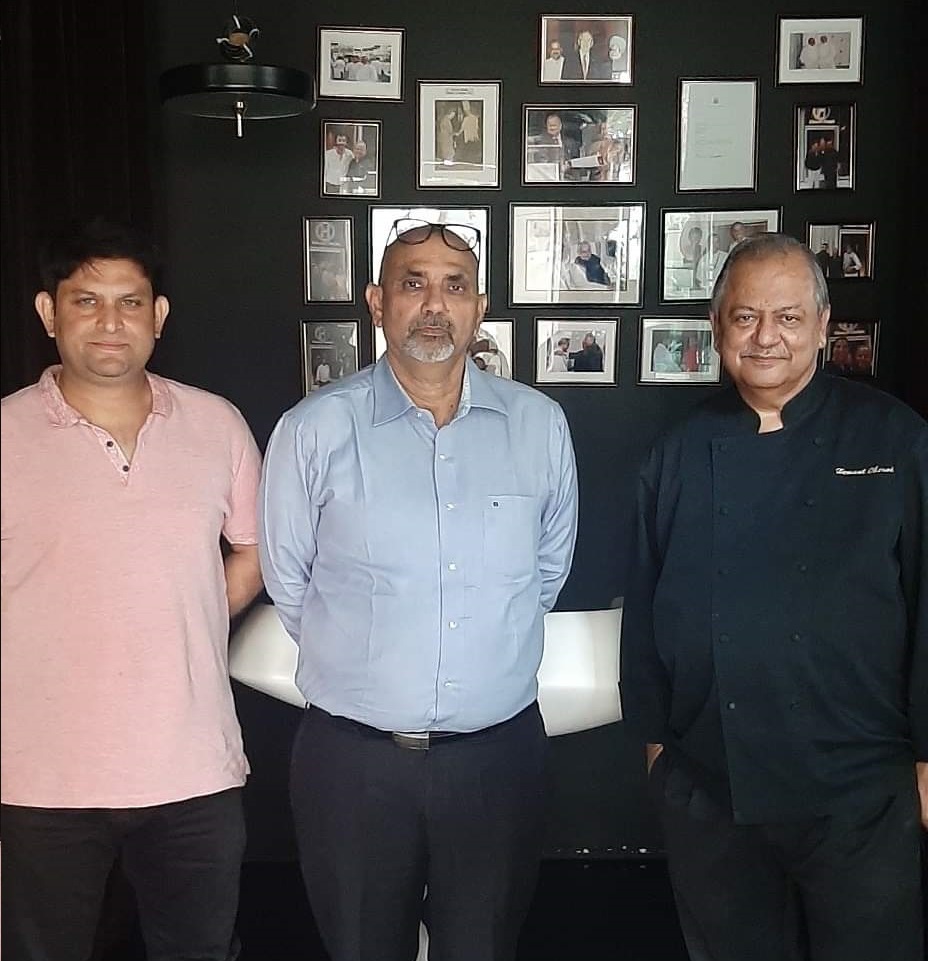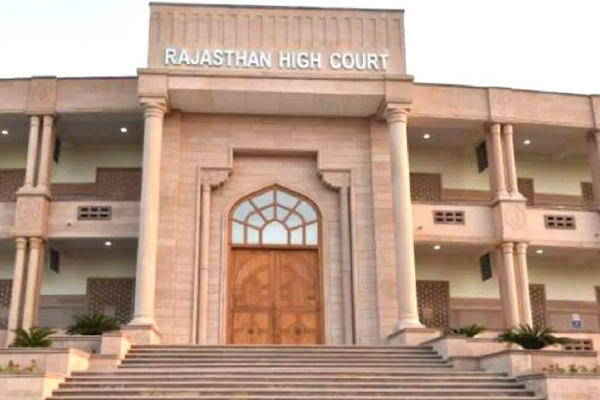
Four lakhs compensation ordered to woman
The Rajasthan High Court mandates that the State and Center pay ₹4 lakh to a woman who was compelled to give birth on the road.
In addition, the Court mandated that the governments of Rajasthan and the Center form a Joint High-Powered Committee to investigate the inadequacies in the execution of different welfare programs intended for expectant mothers
In the case of Phoolmati versus State Medical And Healthors, the Rajasthan High Court on Tuesday ordered the Union of India and the state of Rajasthan to provide ₹4 lakh in compensation to a lady who was compelled to give birth to two children in the middle of the road in 2016 but who subsequently passed away.
In addition, the Court mandated that the governments of Rajasthan and the Center form a Joint High-Powered Committee to investigate the inadequacies in the execution of different welfare programs intended for expectant mothers
In the case of Phoolmati versus State Medical And Healthors, the Rajasthan High Court on Tuesday ordered the Union of India and the state of Rajasthan to provide ₹4 lakh in compensation to a lady who was compelled to give birth to two children in the middle of the road in 2016 but who subsequently passed away.
One of them passed away while traveling to the hospital, and the other passed away from a lack of medical care.
In 2016, she petitioned the High Court to take action against negligent medical staff and ensure that various programs intended for expectant mothers were implemented effectively.
In its opening statement, the Court pointed out that the Government of India has established a number of programs aimed at lowering infant and maternal mortality, including the National Maternity Benefit Scheme (NMBS), National Family Benefit Scheme (NFBS), National Rural Health Mission (NRHM), Janani Suraksha Yojna (JSY), and Janani Shishu Suraksha Karyakaram (JSSK).
It stated, "The respondents have miserably failed to discharge their duties in providing the benefits of these Schemes to the petitioner and her newly born infants, despite having the aforementioned several beneficial Scheme for the welfare of pregnant females and infants."
Regarding the Center's involvement in the scheme's execution, the Court stated that the Indian government was absolving itself of responsibility solely on the technical pretext that health is a matter of state.
The Court emphasized that the Union of India bears primary responsibility for preserving good health, as the right to health is a nationwide initiative spearheaded by the Central government.
It is regrettable that the Union of India is now viewing the topic of "health" as one of public health, placing the onus on the State Governments. Judge Dhand said, "This is just not acceptable and seems to be a case of passing the buck."
The Court emphasized that Union collaboration with the states government is essential to the success of such programs, even if it also recognized that the state government is ultimately responsible for carrying out the schemes.
The Court held that the Union of India could not limit its responsibility under the cooperative federalism framework to the mere enactment of a plan without guaranteeing its realization and execution.
The Court also addressed the obligation of medical practitioners to provide support in the effort to preserve life.
It was determined that there was egregious carelessness and failure in the current case.
The Court ruled that the Union of India and the State Government would be held jointly and severely liable for paying the petitioner's compensation in the amount of ₹4 lakhs within three months since they had failed to provide her with the minimum benefits of the aforementioned Schemes.
The Court did, however, make it clear that the money would be placed in a fixed deposit for three years, with interest paid into Phoolmati's account on a quarterly basis.
It further said that the petitioner would only be permitted to cash in the fixed deposit upon the expiration of the three-year period.
Furthermore, the petitioner was ordered to get ₹25,000 from the Court within a three-month term.
In response to her request for the schemes to be implemented effectively, the Court ordered the Rajasthan government and the Union of India to form a Joint High Power Committee to address the deficiencies.
Additionally, the Court issued a number of directives, one of which increased the amount of cash paid to expectant mothers both before and after delivery.
JUDGEMENT
Your free access to Supreme Law News has expired
For further details contact:
Dr. Ajay Kummar Pandey
( LLM, MBA, (UK), PhD, AIMA, AFAI, PHD Chamber, ICTC, PCI, FCC, DFC, PPL, MNP, BNI, ICJ (UK), WP, (UK), MLE, Harvard Square, London, CT, Blair Singer Institute, (USA), Dip. in International Crime, Leiden University, the Netherlands )
Advocate & Consultant Supreme Court of India, High Courts & Tribunals.
Delhi, Mumbai & Dubai
Tel: M- 91- 9818320572. Email: editor.kumar@gmail.com
Website:
www.supremelawnews.com
www.ajaykr.com, www.4Csupremelawint.com
Facebook: /4Clawfirm, /legalajay Linkedin: /ajaykumarpandey1 Twitter: /editorkumar / YouTube: c/4cSupremeLaw Insta: /editor.kumarg
Telegram Channel
Whatsup Channel


